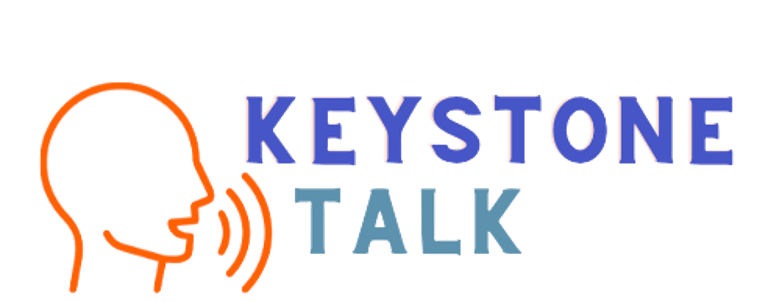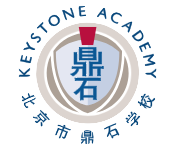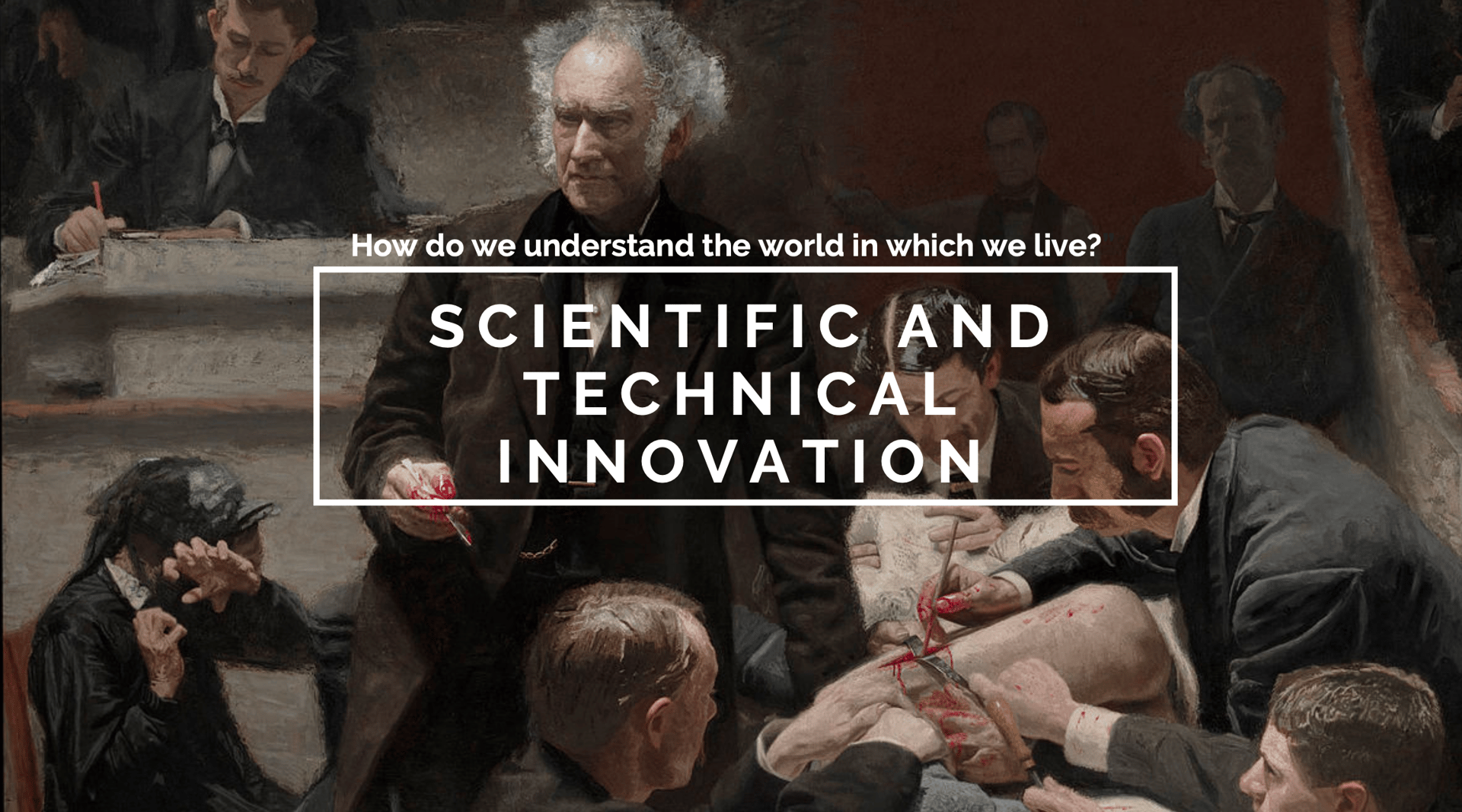
Student Interpretation
科学与技术的创新
MYP (5)
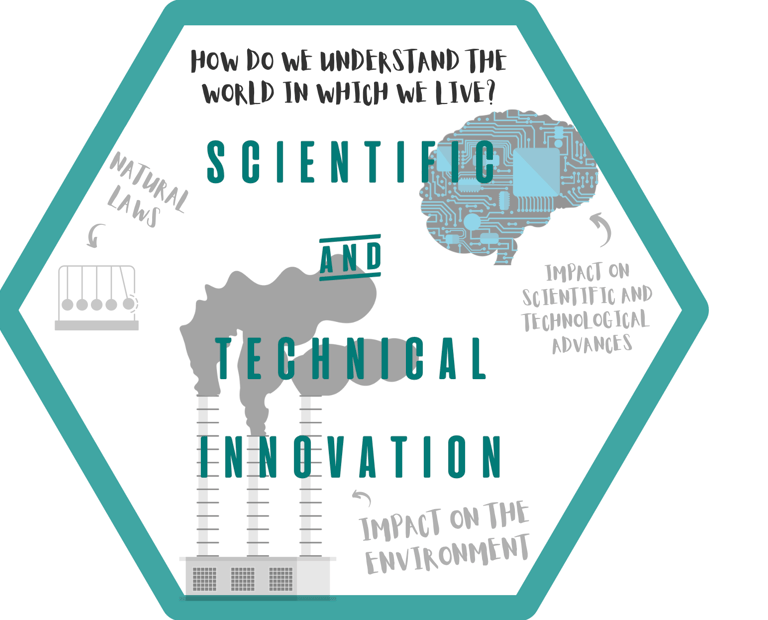

MYP:
Impact of scientific advancements and technological developments in communities and environments 科学技术发展对群体与环境的影响
Human understanding of scientific principles 人类对科学现象的理解
How humans adapt to the environment 人类适应新环境的方法
Innovations 创新
Ethical implications 道德伦理的影响
"The progression of that 1 cm above the giant's shoulder, where minor adjustments to previous knowledge/discoveries yield breakthroughs, is the progression from 100 to 101.
Some people think scientific innovation is the change from 0 to 1, but I think it's all about small and incremental changes. These small changes summed up together change the landscape of the future.
––––––––– Ethan 戴嘉轩 (Class of 2028)
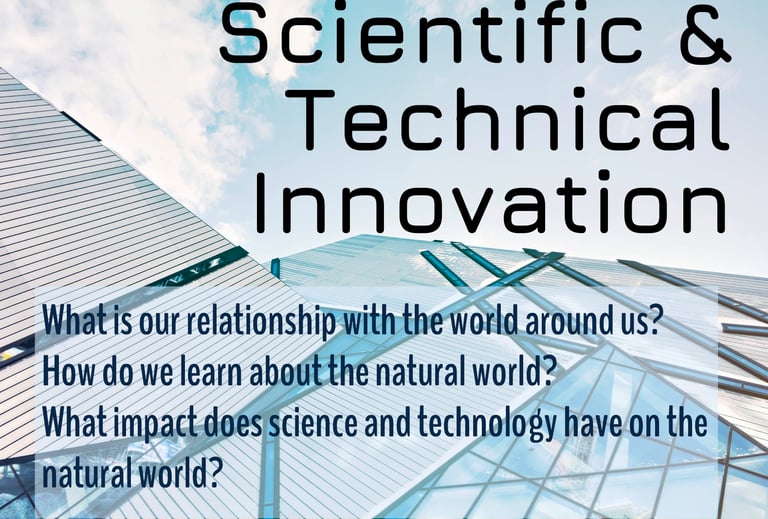





My interpretation of this global context is promoting progress through innovation in science and technology, using methods such as collective learning, driving transformative advancements in various fields, and shaping the future of mankind.”
––––––––– Daisy 孙澜 (Class of 2028)
"I think technological innovations have given mankind more opportunities to learn new things and made our lives much more convenient. Despite its inevitable negative effects, such as AI and plagiarism, it is essential to human development and can be beneficial under effective control.
––––––––– Kiki 朱芃琪 (Class of 2028)


Science and technology are always what leads humanity, as they involve using knowledge to solve actual and practical problems. As an IB global context, it encourages and promotes us to thrive and innovate, helping us to develop a wide sight towards the world.”
––––––––– Hubert 刘允植 (Class of 2028)


"Scientific and technological innovations aim for one singular goal: Increase in convenience. The creator of the technology decides whether the innovation is for the world or an individual, and most of them choose to share the benefit with the world. Many question the trustworthiness of innovation: if scientific products can destroy humanity (e.g. AI, WMDs). The answer ultimately comes to a no: It is, after all, humans who direct how innovation is used, not the product themselves.
––––––––– Student from Literature Playhouse(Class of 2028)


